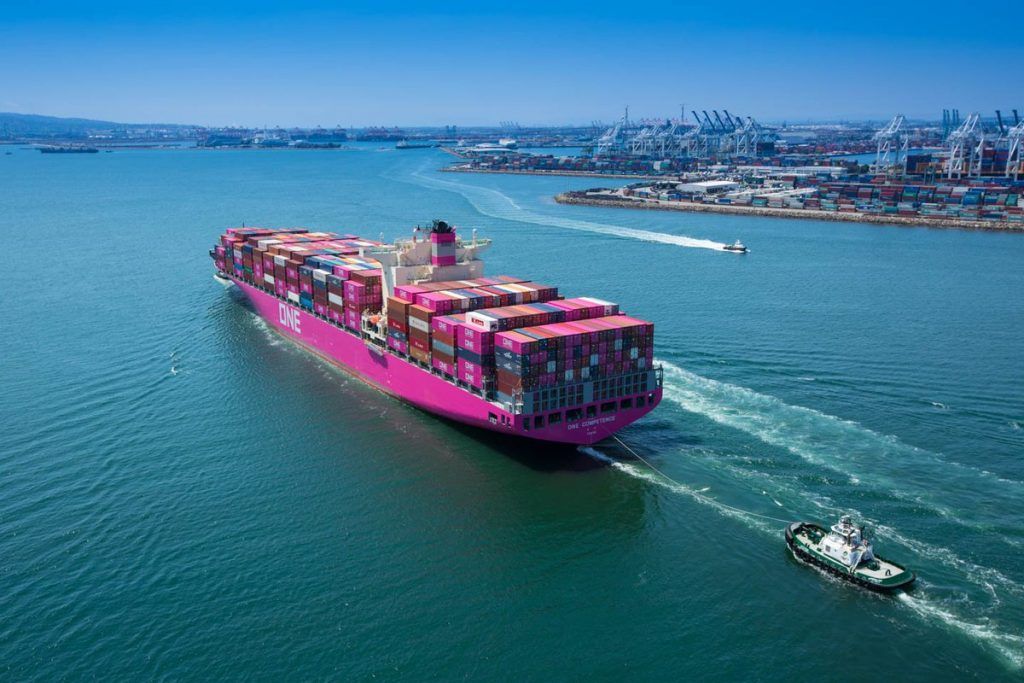U.S. Customs and Border Protection (CBP) has made strides in the use of blockchain and other technologies.
Over the past four years, CBP actively examined and sought new ways to modernize its business systems.
As part of this initiative, several pilot projects were launched to test blockchain technology. These projects aimed to assess its feasibility in various scenarios. The goal was to facilitate the movement of legitimate trade in a secure manner.
During FY 2018/19, CBP advanced blockchain testing for intellectual property rights and certain free trade agreements (the North American Free Trade Agreement – NAFTA – and the Dominican Republic-Central America FTA –CAFTADR).
Thereafter, CBP moved towards multi-technology and not exclusively blockchain solutions to track supply chains and improve transparency.
U.S. Customs
Then, beginning in 2022, five projects were underway with the Silicon Valley Innovation Program (SVIP) using a mix of technology solutions to track goods from origin to delivery in steel, pipeline oil, pipeline natural gas, e-commerce, and food safety.
CBP has actively addressed specific issues arising from the Covid-19 pandemic. A Covid-19 Cargo Resolution Team (CCRT) was formed to coordinate expert efforts in facilitating imports and addressing trade-related concerns. Additionally, a dedicated web page was created to manage these issues.
The CCRT’s tasks included easing inbound shipments through ports of entry, speeding up the importation of critical medical supplies, and responding to queries about personal protective equipment, COVID-19 test kits, ventilators, and other medical items.
At the pandemic’s onset, CBP also allowed importers to defer the payment of estimated duties, taxes, and fees for 90 days if they were facing significant hardship.
As a result, over 2,600 importers deferred payments totaling more than $574 million during this period.

